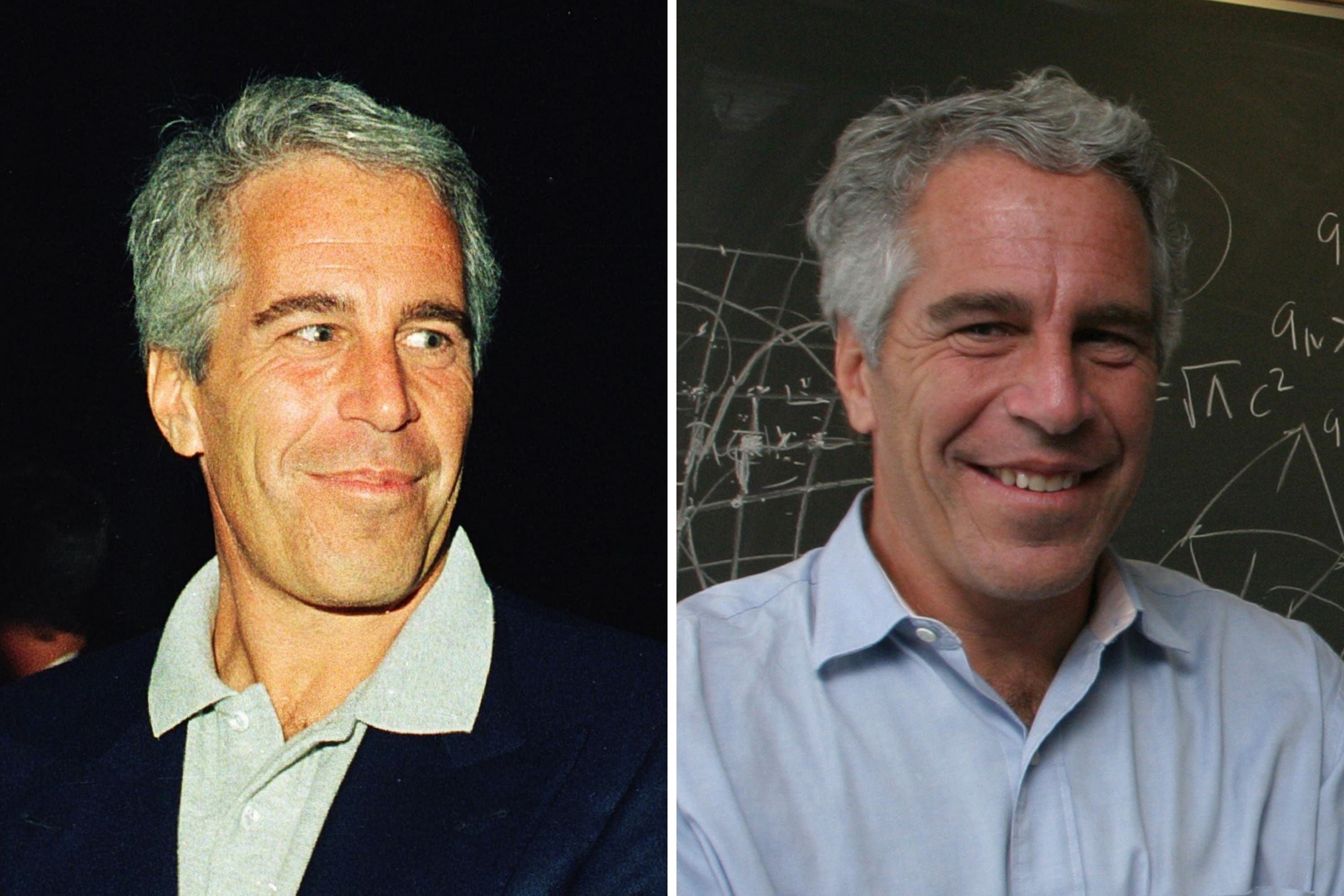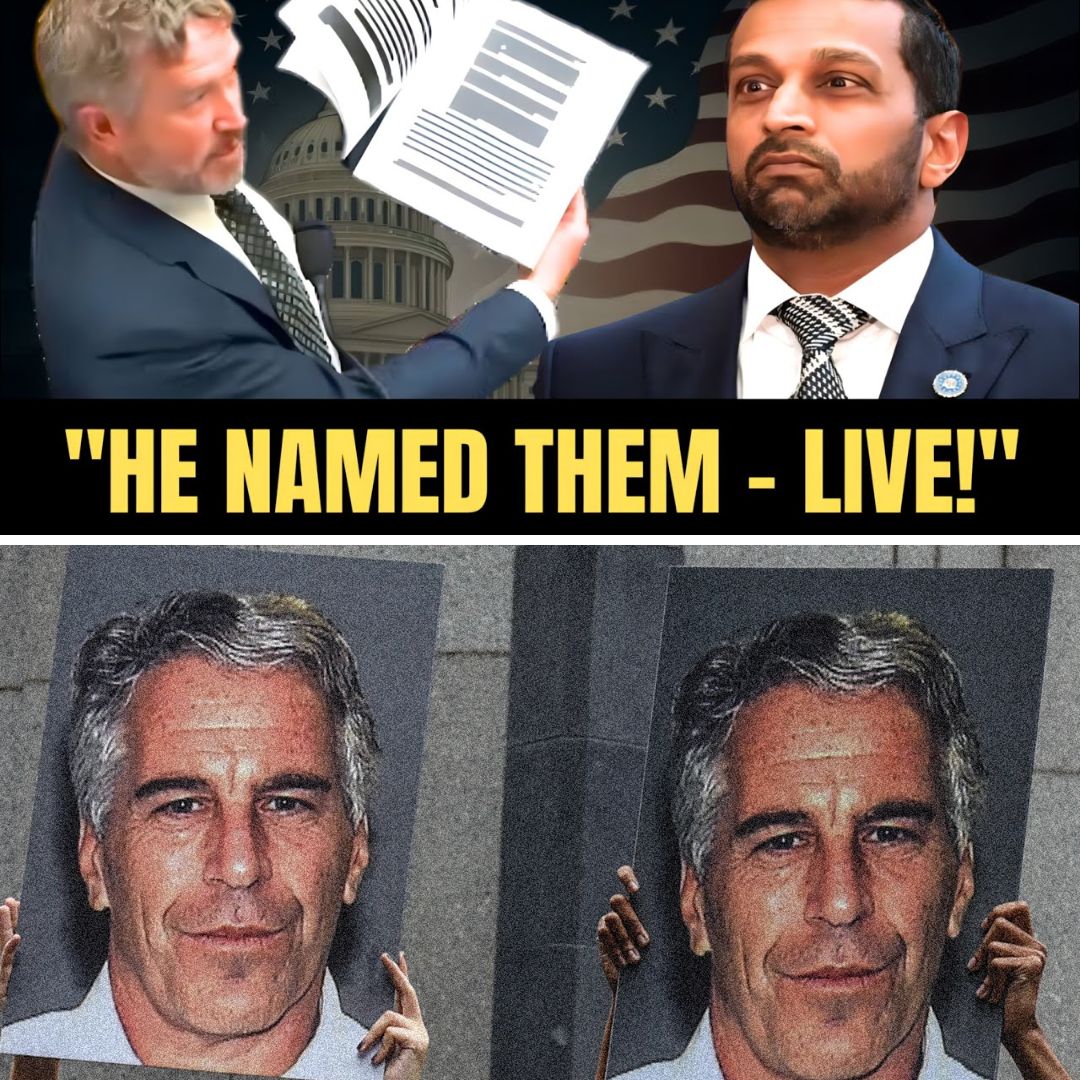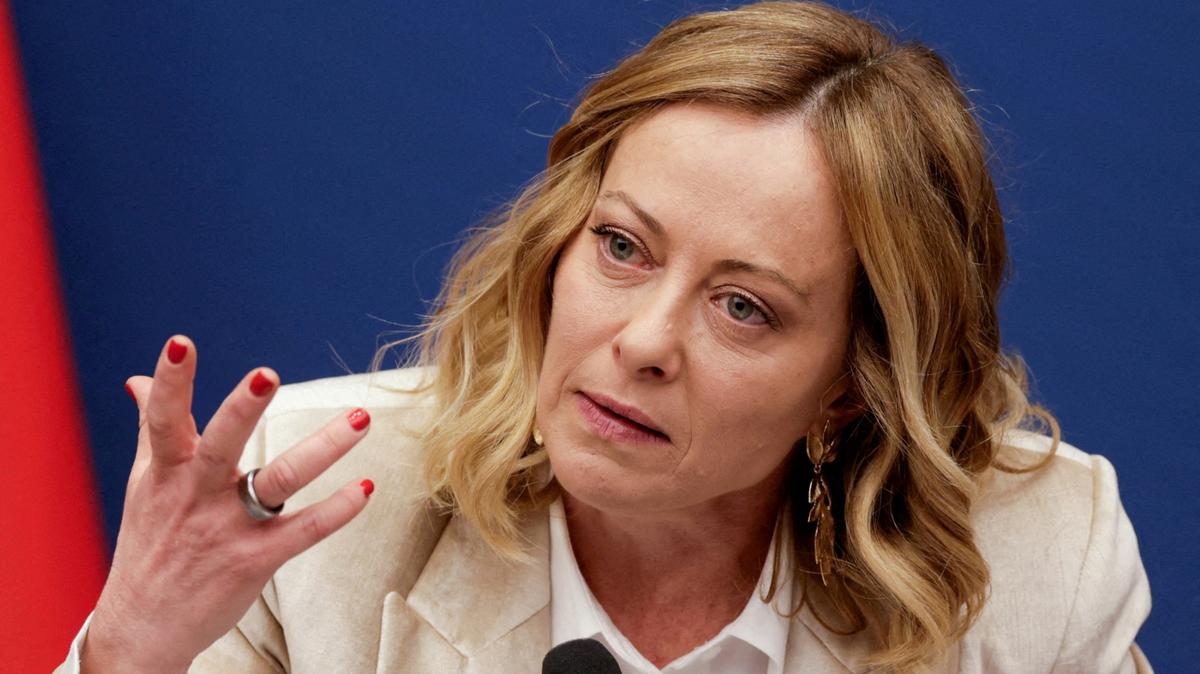In a shocking turn of events during a Congressional hearing, Representative Thomas Massie exposed a trove of documents linked to Jeffrey Epstein, revealing names of powerful individuals allegedly connected to the notorious sex trafficker. The atmosphere in the room shifted dramatically as Massie read into the record a list that included billionaires, bankers, a royal prince, and a Hollywood producer. Yet, instead of outrage, the response was chilling silence—a silence that hints at a massive cover-up.
 As the FBI Director, Patel, faced questioning, he admitted he had not personally reviewed the files containing the names of at least 20 men Epstein allegedly trafficked victims to, including high-profile figures like the former CEO of Barclays Bank and a prominent government official. This admission raises urgent questions about the integrity of ongoing investigations and the protection of powerful individuals.
As the FBI Director, Patel, faced questioning, he admitted he had not personally reviewed the files containing the names of at least 20 men Epstein allegedly trafficked victims to, including high-profile figures like the former CEO of Barclays Bank and a prominent government official. This admission raises urgent questions about the integrity of ongoing investigations and the protection of powerful individuals.
Massie presented damning documents, including statements from former officials suggesting Epstein had ties to intelligence agencies, and reports detailing meetings between Epstein and key political figures. Despite the gravity of the evidence, Patel dismissed the claims, stating multiple U.S. attorneys had previously reviewed the materials and found no credible leads. This response has left many questioning the FBI’s commitment to pursuing justice for Epstein’s victims.
The hearing revealed a disturbing pattern of bureaucracy and evasiveness as Patel sidestepped questions about the FBI’s willingness to engage with victims while readily meeting with social media influencers. This stark contrast highlights a troubling reality: the system appears more invested in protecting its own than delivering justice to those harmed.
As the session unfolded, it became increasingly clear that the Epstein case is not just about one man’s crimes but a broader issue of systemic failure. The documents presented, including a memorandum from the Department of Justice indicating no evidence to pursue investigations against unnamed parties, only serve to reinforce the perception of a cover-up designed to shield the powerful.

With each passing moment, the urgency of this issue deepens. The silence surrounding these revelations is deafening, and the public’s demand for accountability is more critical than ever. As the hearing concluded, the unanswered questions lingered in the air: Why are the names of these influential individuals still protected? What truths lie buried within the files the FBI possesses?
This is not just a story about Epstein; it is a stark reminder of the lengths to which those in power will go to maintain their influence. The time for silence has passed. The public must continue to ask questions, demand transparency, and refuse to let the truth fade into obscurity. The stakes are too high, and the victims deserve justice. Stay vigilant, stay informed, and keep the pressure on those who seek to bury the truth.






